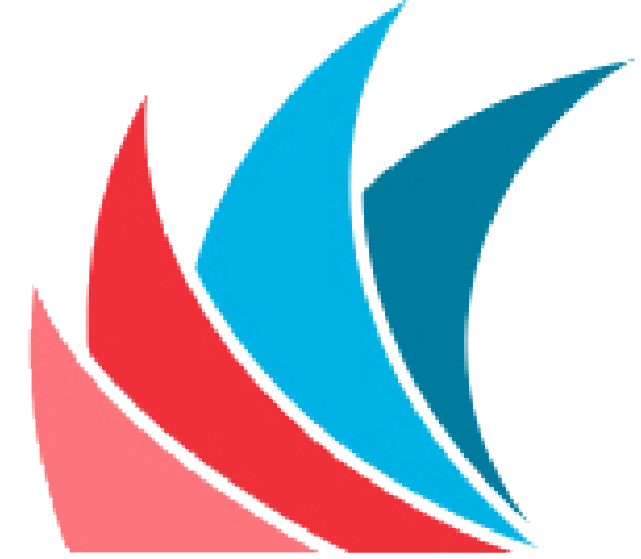
- Faculty:
- Carole Levitt | Mark Rosch
- Duration:
- 1:00
- Short Description:
- As early as 1996, many state bar associations began issuing formal (or advisory) ethics opinions on the ethical uses of Internet technology. Many of those opinions relating to Web sites and online communications apply the advertising rules that already exist for print advertising. In the late Summer of 2010, the American Bar Association issued its Formal Opinion 10-457 discussing ethical concerns

- Faculty:
- Roy Ginsburg
- Duration:
- 1:00
- Short Description:
- Everyone knows that, much like diet and exercise, networking is good for you and that, similarly, there are lots of excuses for avoiding it. When coaching lawyers or conducting CLEs on business development, the author hears a lot of resistance to incorporating networking as a means of building a book of business. Here are the most common excuses: I don't have the time.

- Faculty:
- Roy Ginsburg
- Duration:
- 1:00
- Short Description:
- If you ask most attorneys whether their clients are satisfied, the vast majority would, of course, say "yes." If you then ask them "what makes you so sure?" the responses would typically range from "They don’t complain" and "They’re nice to me" to "They pay their bills" or "They continue to do business with us." A closer exami

- Faculty:
- Mark Rosch | Carole Levitt
- Duration:
- 1:00
- Short Description:
- More and more attorneys and judges are using social media, either for its intended purpose of social networking (and, for the lesser intended purpose of marketing) or for its unintended purpose of investigative research. There has been much discussion online amongst legal experts about what sorts of investigative activity is ethical for lawyers to engage in. Most Bar Associations however, have not yet addressed this topic. Two exceptions are the Philadelphia Bar and the New York State Bar.

- Faculty:
- Carole Levitt | Mark Rosch
- Duration:
- 1:00
- Short Description:
- As law office technology becomes more sophisticated, more and more of the functions of that software is moving off-site...off of the lawyers' own computers and networks, and into the "Cloud." Different states take different positions about how and whether attorneys can and should be using cloud services in their practices. This articles reviews nearly three dozen ethics opinions from multiple jurisdictions to discuss those various positions. California attorneys and paralegals can earn one hour of California Legal Ethics MCLE credit by reading this article and completing the accompanying quiz related to the article and the Ethics Opinions it covers.

- Faculty:
- Philip Bogdanoff, Esq.
- Duration:
- 58 Minutes
- Format:
- Audio and Video
- Short Description:
- Female lawyers’ median weekly pay is 26.5% less than male lawyers and the pay gap is larger for partners and only getting worse. The Ninth Circuit Court of Appeals has commented that the gender pay gap is “an embarrassing reality of our economy.” In this presentation we review the history of the gender pay gap and determine if there has been any progress in the last 50 years.

- Faculty:
- Becky Howlett, Esq | Cynthia Sharp, Esq.
- Duration:
- 1 Hour 1 Minutes
- Format:
- Audio and Video
- Short Description:
- Join Attorneys Cynthia Sharp and Rebecca Howlett in this cutting-edge CLE course exploring the benefits, pitfalls and potential ethical considerations as you incorporate ChatGPT into your legal practice. Through real-life examples and live demonstration, we will examine how ChatGPT can enhance legal research, drafting, client communication and even marketing. Don't miss out on this opportunity...

- Faculty:
- Michael Maschke, EnCE, CEH, ACE, CISSP
- Duration:
- 1 Hour 1 Minutes
- Format:
- Audio and Video
- Short Description:
- Electronic evidence plays a critical role in most cases. Frequently, relevant evidence is now found in the cloud and not on a local computer, server, or external hard drive. Businesses and consumers are using cloud services more than ever. Microsoft 365 has taken over the business world. Third-party messaging apps such as Instagram, TikTok, and WhatsApp continue to flourish. The cloud is now ...

- Faculty:
- Daniel J. Siegel, Esq.
- Duration:
- 1 Hour
- Format:
- Audio and Video
- Short Description:
- Smartphones are in reality powerful computers that store massive amounts of data, potentially including information that lawyers are required to keep confidential under the Rules of Professional Conduct, such as client names, dates of birth, Social Security numbers, and other information. This program will discuss the data stored by smartphones, and the dangers created by apps that can access ...

- Faculty:
- Daniel J. Siegel, Esq.
- Duration:
- 1 Hour 1 Minutes
- Format:
- Audio and Video
- Short Description:
- Ever since law firms began using computers, there have been concerns about whether attorneys must or should use special security measures, like encryption, to protect confidential and sensitive information. Changes in ethical and procedural rules, including requirements that lawyers must (1) be technologically competent and (2) redact court filings, highlight the need for lawyers to be proactive w
Please wait ...

